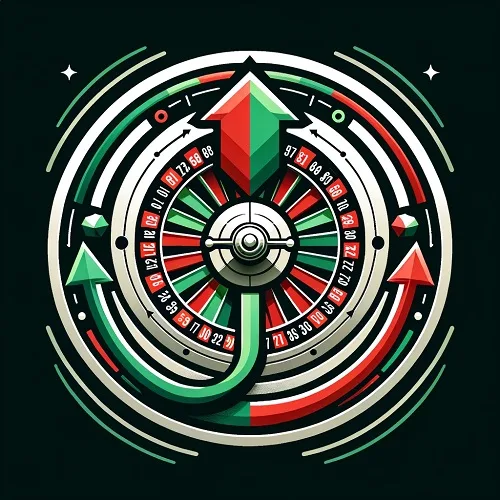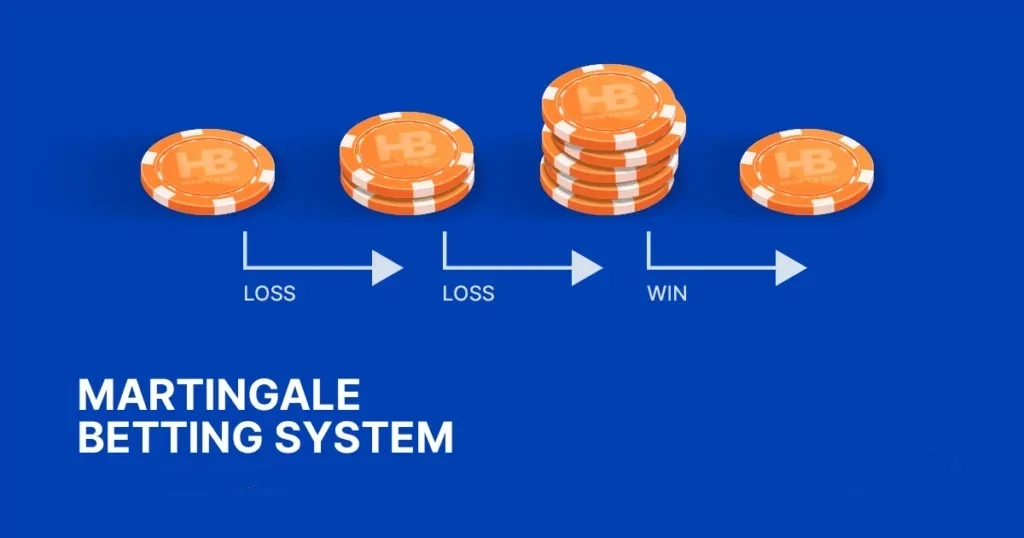
The Martingale Roulette Strategy: History, Mechanics, and Risk
The Martingale betting strategy, a name synonymous with the allure and risk of gambling, has long been a topic of debate among roulette enthusiasts. Rooted in 18th-century France, this strategy has evolved from a theoretical concept to a widely practiced approach in casinos worldwide. This article explores the Martingale system’s origins, mechanics, its journey to prominence, challenges faced by players, and its place in modern gambling.
The Birth of a Betting Strategy
Originating in France during the 18th century, the Martingale strategy was first conceived as a solution to the gambler’s ruin dilemma. It was popularized as a foolproof method to beat the house in roulette, offering a structured approach to betting that appealed to both novices and seasoned gamblers alike.
Understanding the Martingale System
At its core, the Martingale strategy is straightforward: after every loss, a player doubles their bet, and following a win, returns to their initial bet size. This method is predicated on the belief that a win will eventually occur, thus recouping all previous losses plus a profit equal to the original bet.
The Ascent to Roulette Fame
The strategy gained significant traction in roulette due to the game’s near 50/50 wagering opportunities on red/black, even/odd, or high/low. The simplicity of the Martingale system, combined with the allure of potentially easy wins, cemented its popularity among roulette players.
Confronting the Limitations
Despite its initial appeal, players utilizing the Martingale system soon encountered significant obstacles, including table limits and substantial financial risk after consecutive losses. These limitations exposed the strategy’s vulnerability and the high stakes associated with its long-term application.

Reaching New Heights
In spite of these challenges, the Martingale strategy remains a popular method, particularly among players seeking a structured betting system. Its simplicity and the thrill of chasing losses with the potential for recovery continue to attract roulette enthusiasts.
Assessing the Martingale Strategy
The quality of the Martingale strategy lies in its double-edged sword: the potential for quick recovery and profit, and the risk of rapid financial depletion. Its effectiveness is often debated, with outcomes heavily dependent on individual circumstances, including bankroll size and risk tolerance.
Future Prospects
As casinos evolve and new betting strategies emerge, the Martingale system retains a place in gambling lore. Its historical significance and the lessons it offers on risk management and gambling psychology continue to resonate, ensuring its continued study and application in the gambling community.
